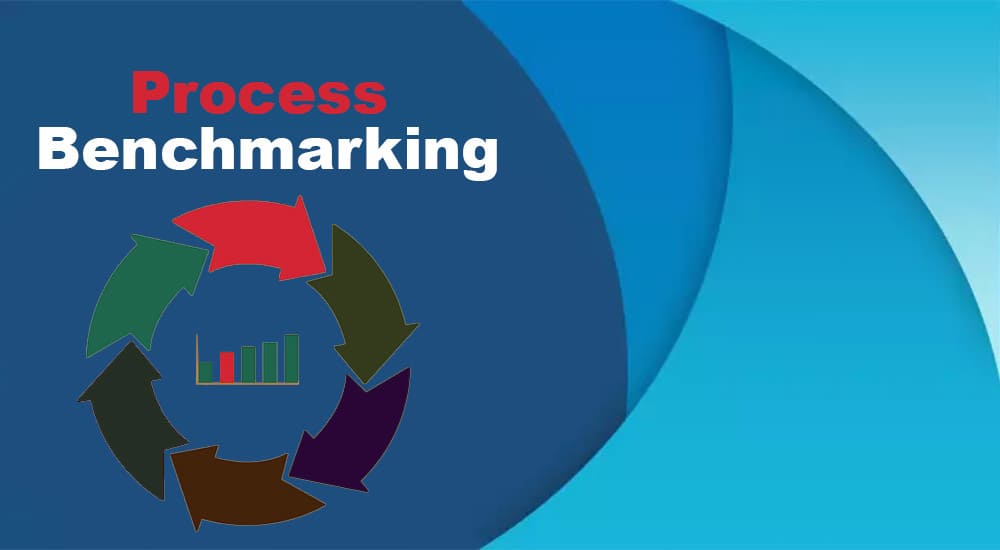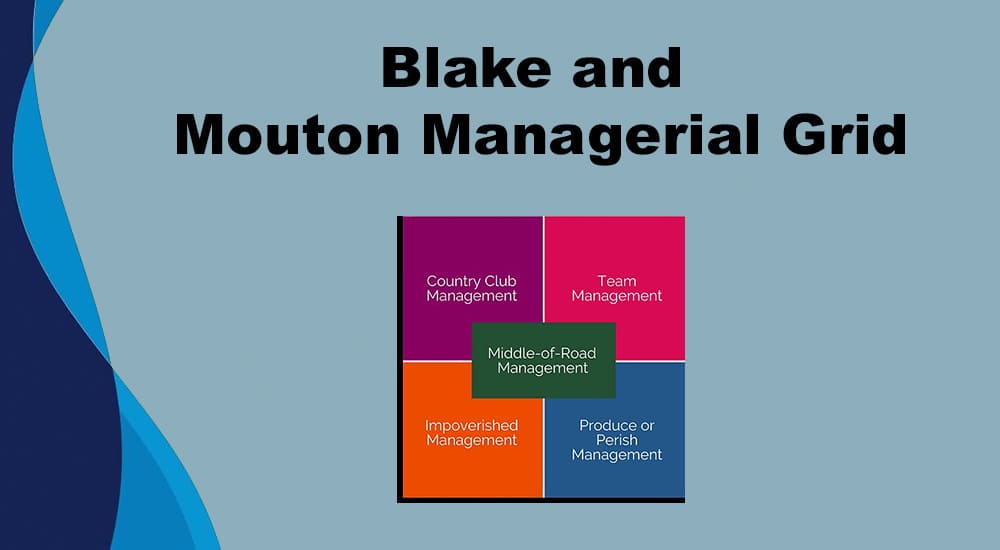Polycentric Approach: Definition, Pros & Cons
Definition: A polycentric approach entails international recruitment where an organization hires local personnel for operation in the host country. This allows firms to market themselves as local and expand their operations. Local managers can help run the firm more smoothly and efficiently than expatriates since they are familiar with local cultures, norms, and regulations. Reasons …



